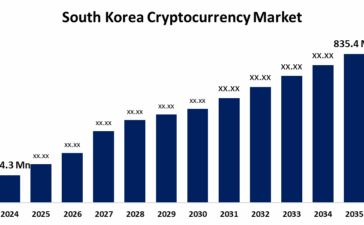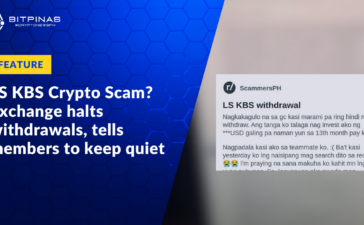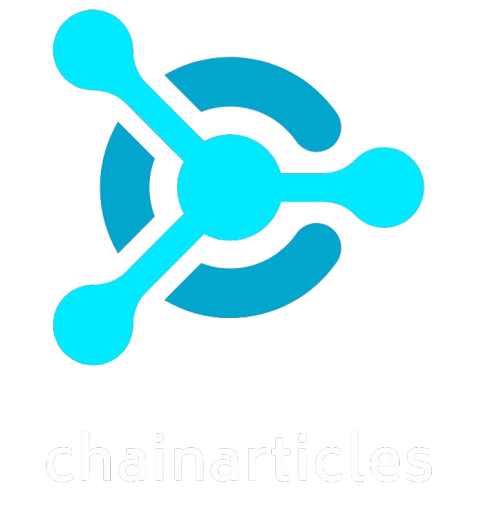Disclaimer: This article is for informational purposes only and does not constitute financial advice. BitPinas has no commercial relationship with any mentioned entity unless otherwise stated.
📬 Get the biggest crypto stories in the Philippines and Southeast Asia every week — subscribe to the BitPinas Newsletter.
The Philippine Securities and Exchange Commission (SEC) is set to deploy its own blockchain-based authentication system for corporate filings, an initiative that provides a new, sovereign-led model as a wider national debate rages over how to apply the same technology to the national budget.
Veritas: The SEC Blockchain?

The Securities and Exchange Commission (SEC) on Oct. 22 issued draft rules for its “Verification of Electronic Records and Information Trust and Authentication System (VERITAS).”
- The system is a digital signature platform that uses a decentralized ledger to record signing events, which the SEC says will ensure immutability, timestamping, and cryptographic verification for all corporate submissions.
- “By integrating blockchain-based digital signing and authentication into our processes, we aim to strengthen the integrity and reliability of reports and documents… by making them immutable, permanent and indestructible,” SEC Chairperson Francis Lim said in a statement.
Lim added that VERITAS “reaffirms our commitment to digital transformation” by cutting paperwork and processing times. Once finalized, the SEC said it is “prepared to immediately deploy VERITAS for public use.”
A Widening National Blockchain Debate
The SEC’s move to build its own system lands in the middle of a complex, multi-pronged government push to adopt blockchain, which has ignited a debate over cost, vendor lock-in, and data sovereignty.
- This includes the Senate’s “Blockchain the Budget Bill,” which is currently under deliberation. In parallel, the Department of Information and Communications Technology (DICT) has confirmed it is in talks with US-based Polygon Labs for a grant to pilot a similar budget transparency system on its public network.
The SEC’s VERITAS system, developed as a seemingly sovereign platform, presents a tangible alternative to the models being debated for the national budget.
Replacing Passwords with Keys
The draft rules detail how VERITAS will be integrated into the SEC’s existing online portals, eSECURE and eSAP.
- The new system will replace the current use of one-time passwords (OTPs) for authentication. Instead, it will use end-to-end encryption, multi-factor authentication, and “cryptographic signing mechanisms using the user’s private key.”
- “This will ensure that only authorized individuals can sign documents, thereby preventing unauthorized access, tampering, or forgery,” Lim explained.
- To use the system, individuals must first complete an electronic Know Your Customer (eKYC) procedure through the eSECURE portal, which requires submitting verified government-issued IDs and passing a “liveness detection protocol.”
Implementation
Under the proposed guidelines, VERITAS can be used for all documents filed with the SEC, including articles of incorporation, financial statements, and board resolutions.
- Citing the Electronic Commerce Act, the SEC stated that VERITAS-signed documents “shall have the same legal effect and enforceability as a signed and notarized written document.” The digital version will be considered the official record, and submission of hard copies will not be required.
The SEC plans to make the system optional during an initial implementation phase to ease the transition, though it may require mandatory use for specific filings in the future.
The Commission is accepting public comments on the draft rules until Oct. 31.
Disclosure: The author uses AI to assist in writing this article
This article is published on BitPinas: Philippines SEC to Launch Blockchain-Based Platform For Corporate Document Authentication
What else is happening in Crypto Philippines and beyond?







